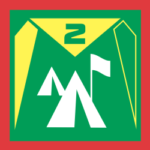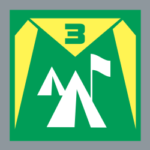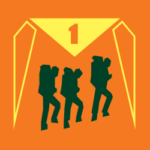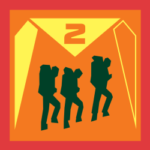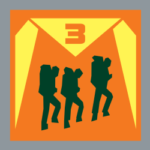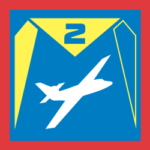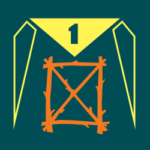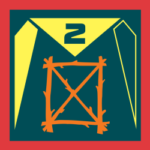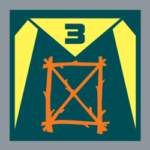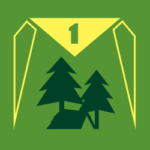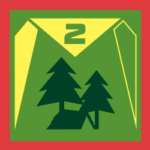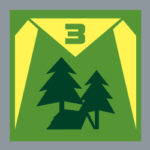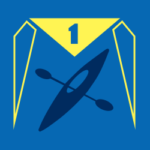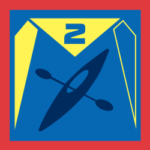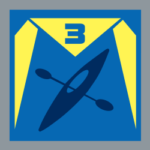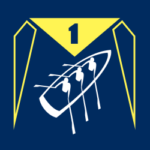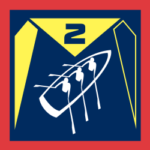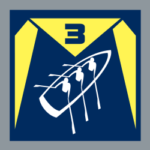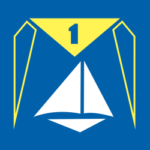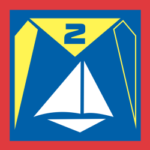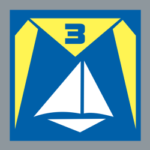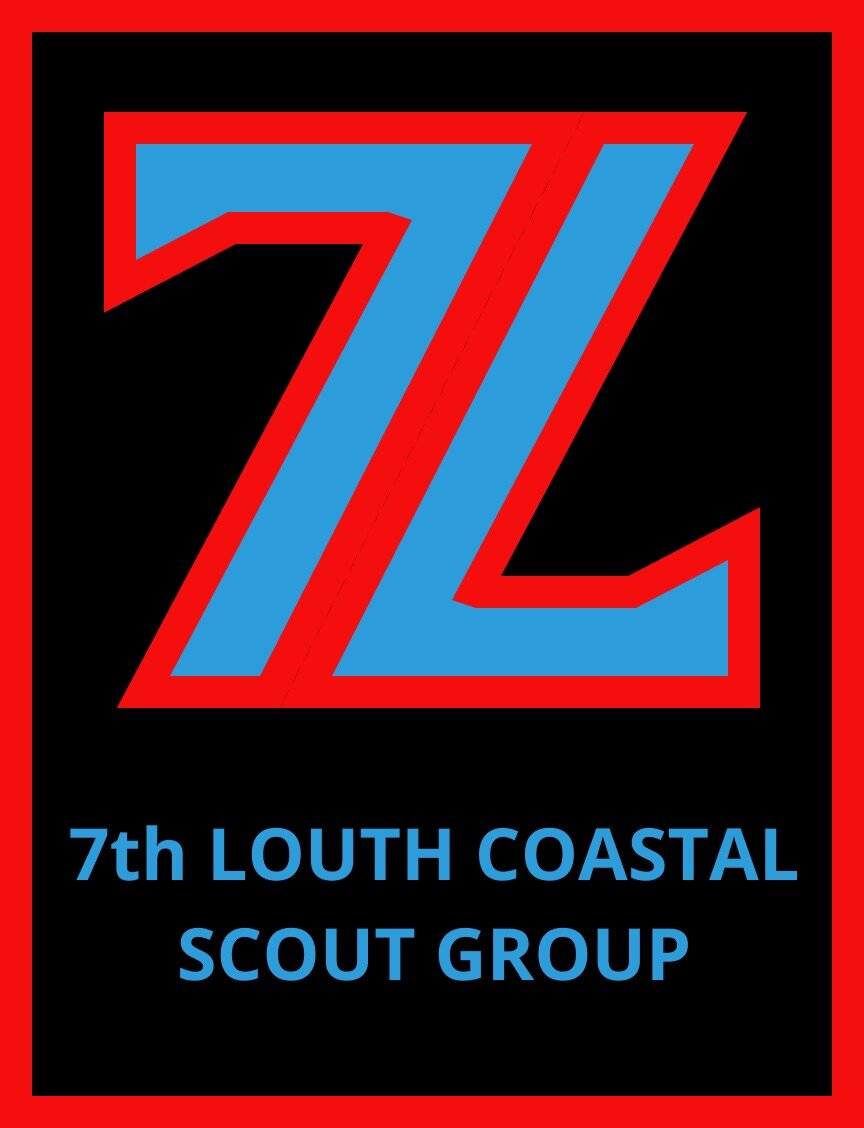Adventure Skills
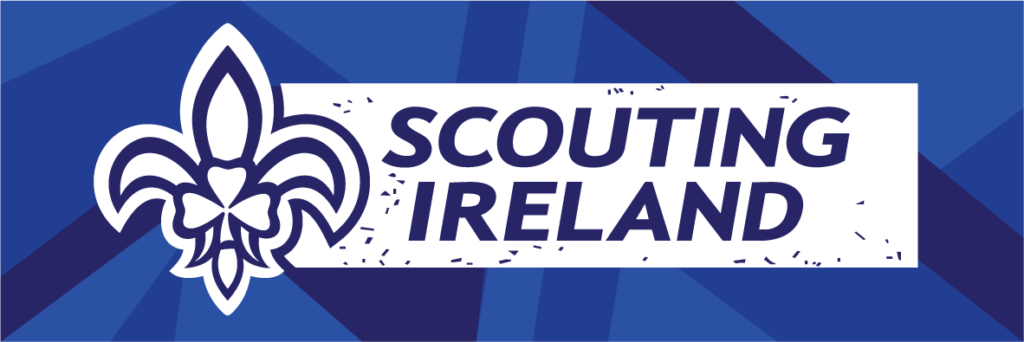
The Adventure Skills are presented in a series of nine stages. Each stage is
progressive and as you complete each stage you will take on new adventures and
improve your skills. Everyone starts at the first stage, no matter what Section you are a
member of. If, for example, you are new to Scouting as a Venture Scout you still have
to start at Stage 1 and work your way up.
To earn an Adventure Skill all you have to do is take part in your Scouting programme.
During your many adventures you will learn many new skills.
Wearing Badges
You wear the highest Stage you have earned. You will start off with your Stage 1
Badge and when you have earned the Stage 2 Badge you replace the Stage 1 Badge.
You may have a number of Stage Badges of different levels displayed on your arm.
Scouting Ireland Adventure Skills consist of nine stages, each focusing on different aspects of outdoor activities and personal development. The stages are:
1. Campcraft: Skills related to camping, including pitching tents, cooking outdoors, and campsite management.
2. Backwoods: Skills for surviving and thriving in remote wilderness areas, such as shelter building, fire lighting, and outdoor cooking without modern equipment.
3. Emergencies: Training in first aid, emergency response, and wilderness survival techniques.
4. Hillwalking: Techniques for safe and enjoyable hillwalking, including navigation, route planning, and understanding weather conditions.
5. Pioneering: Learning how to construct structures and gadgets using ropes and wood, such as bridges, towers, and rafts.
6. Navigation: Developing skills in map reading, compass use, and GPS navigation for safely navigating in various terrains.
7. Camping: Advanced camping skills, including wild camping, lightweight camping, and sustainable camping practices.
8. Outdoor Adventure Skills: Activities such as climbing, kayaking, canoeing, and other outdoor pursuits that require specialized skills and equipment.
9. Expedition Challenge: Planning, organizing, and executing an outdoor expedition, including route planning, logistics, teamwork, and leadership development.
These stages are designed to provide Scouts with a comprehensive set of outdoor skills while promoting personal growth, teamwork, and leadership abilities.
Here’s a detailed explanation of each stage of Scouting Ireland Adventure Skills tailored for the 7th Louth Coastal Scout Group:
1. Campcraft:
– In Campcraft, scouts will learn essential skills for setting up and managing a campsite. This includes pitching tents, building shelters, organizing equipment, and practicing Leave No Trace principles.
– Scouts will also learn campfire safety and cooking techniques, such as using a camp stove and preparing meals over an open fire.
2. Backwoods:
– Backwoods skills focus on surviving and thriving in remote wilderness areas. Scouts will learn how to build shelters using natural materials, make fires without matches, and forage for edible plants.
– They will also learn how to purify water, navigate without traditional tools, and apply basic wilderness first aid in case of emergencies.
3. Emergencies:
– Scouts will receive comprehensive training in first aid, emergency response, and wilderness survival techniques. They will learn how to assess and treat common injuries and illnesses that may occur during outdoor activities.
– Additionally, scouts will practice emergency signaling, evacuation procedures, and wilderness rescue techniques to ensure the safety of themselves and others in challenging situations.
4. Hillwalking:
– Hillwalking skills focus on safe and enjoyable exploration of hilly and mountainous terrain. Scouts will learn how to plan routes, read maps, and use compasses and GPS devices for navigation.
– They will also develop an understanding of weather patterns, terrain hazards, and emergency protocols specific to hillwalking environments.
5. Pioneering:
– Pioneering skills involve the construction of structures and gadgets using ropes and wood. Scouts will learn how to build pioneering projects such as towers, bridges, and rafts using lashings and knots.
– Through hands-on activities, scouts will develop teamwork, problem-solving, and leadership skills while constructing and testing various pioneering projects.
6. Navigation:
– Navigation skills are essential for safe and effective outdoor exploration. Scouts will learn how to interpret maps, orient themselves using landmarks, and navigate using compasses and GPS devices.
– They will practice route planning, pacing, and dead reckoning techniques to navigate confidently in various terrains and conditions.
7. Camping:
– Advanced camping skills focus on sustainable and responsible camping practices. Scouts will learn techniques for wild camping, lightweight camping, and minimizing environmental impact.
– They will also explore advanced camp cooking methods, water purification techniques, and gear selection to enhance their camping experiences while preserving natural resources.
8. Outdoor Adventure Skills:
– This stage introduces scouts to a variety of outdoor adventure activities, including climbing, kayaking, canoeing, and other outdoor pursuits. Scouts will learn basic skills and safety procedures for each activity.
– Through supervised practice sessions and guided outings, scouts will develop proficiency and confidence in these activities while emphasizing teamwork, communication, and risk management.
9. Expedition Challenge:
– The Expedition Challenge stage focuses on planning, organizing, and executing an outdoor expedition. Scouts will learn how to plan routes, manage logistics, and make group decisions.
– They will apply their skills in navigation, camping, emergency response, and outdoor adventure activities to complete a challenging expedition while promoting teamwork, leadership, and self-reliance.
Each stage of Scouting Ireland Adventure Skills offers unique opportunities for personal growth, skill development, and outdoor exploration tailored to the needs and interests of the 7th Louth Coastal Scout Group.
A further detailed breakdown of each individual stage is available in the Scouting Ireland Adventure Skills book should you wish to consult it for further information.
DISCLAIMER:
Part of this post was created using Artificial Intelligence ChatGPT from OpenAI


